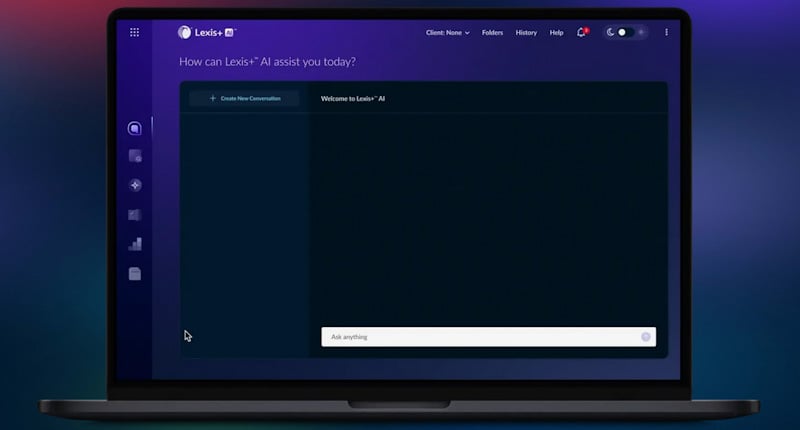9th Circuit: Jury must decide suit over police dog who bit woman as she slept in her office
A civil rights lawsuit brought by a woman who was bitten by a police dog as she was sleeping in her office one night in 2010 was dismissed by a federal trial court three years later.
Granting a summary judgment motion filed by the city of San Diego, the court found that Sara Lowry suffered no violation of her constitutional rights as a result of being bitten on the lip by the dog.
But last week a divided federal appeals court panel reversed, finding that it was up to a jury to decide whether city police policies concerning the use of a police dog to search for suspects in non-residential buildings allow excessive force in violation of the Fourth Amendment, according to Bloomberg and the Los Angeles Times (sub. req.).
According to the 9th U.S. Circuit Court of Appeals opinion (PDF), Lowry had been out drinking with friends earlier that night. She returned to her office and fell asleep on her office couch. Lowry inadvertently set off a burglar alarm when she awakened briefly and went to use the restroom. That resulted in a call to police by ADT Security Services. When the police arrived, they called out a warning which Lowry apparently did not hear, then released the dog. Lowry was bitten on the upper lip, and received three stitches and a tetanus shot.
Lowry sued under 42 U.S.C. §1983, contending that the city policies for conducting such searches violated her Fourth Amendment rights.
Under city policies, a police dog handler can loose his animal to search a non-residential building and, if the dog finds anyone inside, he or she is trained to “bite and hold” the suspect until turned loose by the handler or another officer, the 9th U.S. Circuit Court of Appeals explains in its written opinion.
“Moreover, as Sergeant [Bill] Nulton stated in his deposition, police dogs are not trained to differentiate between “a young child asleep or … a burglar standing in the kitchen with a butcher knife,” and will simply bite the first person they find,” the court noted. And, as Nulton told Lowry after she was bitten, “I just can’t believe that’s the only damage. You’re very luck. She could have ripped your face off.”
Briefly stated, “[t]he question on this appeal is whether a reasonable jury could find that the police officers responding to the alarm used excessive force when they deliberately unleashed a police dog that they knew might well “rip[] [the] face off” any individual who might be present in the office,” the majority writes. “Because a reasonable jury could find that the force used was excessive and because the city concedes that the use of the force involved was in conformance with its policy, we reverse and remand the case for further proceedings.”
A dissenting judge on the three-member panel said the situation at the building on that night in 2010, as viewed from the perspective of the responding officers, which is the standard that is supposed to be applied, justified the release of the dog and the summary judgment by the trial court.
Arriving at about 11 p.m. at a commercial building, the police see no signs of activity and find a door propped open inside, the dissent recounts. “The building is dark. You cannot see inside and do not know whether anyone is there. You yell loudly, ‘This is the San Diego Police Department! Come out now or I’m sending in a police dog! You may be bitten!’ There is no response. You wait between 30 and 60 seconds, but still no response. You repeat the same warning one or two more times. Again, no response.”
Under these circumstances, not allowing for the release of the dog creates an unjustifiable risk to officer safety, the dissent says.
See also :
ABAJournal.com: “Pro se inmate who says he was bitten by a police dog wins federal appeal”



